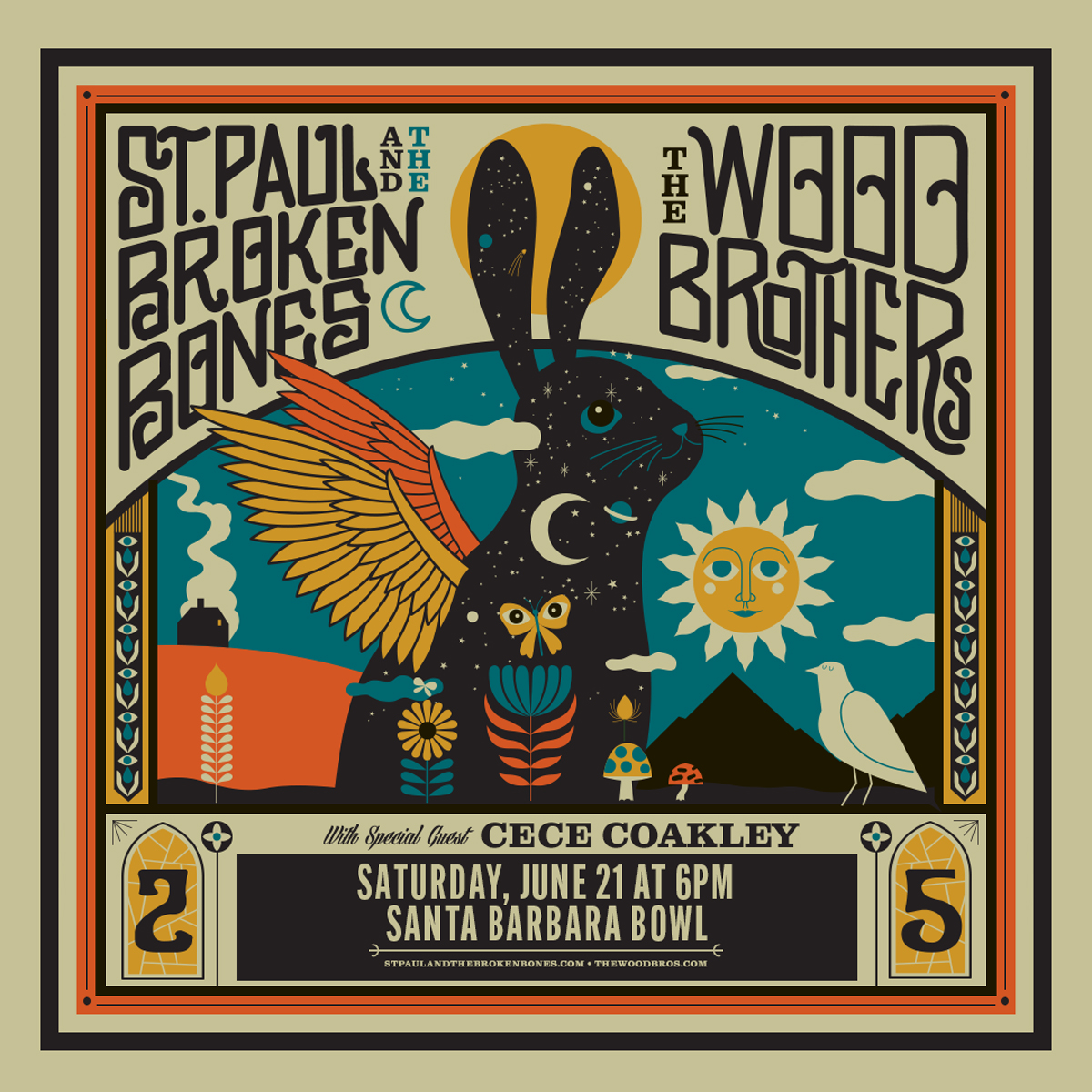PHARIS AND JASON ROMERO are a Canadian duo who live on a homestead outside the town of Horsefly, British Columbia. By day, they’re professional instrument makers and by night, they’re singers and songwriters (as as well as masters of the instruments they create). They took time out from a busy day of building banjos and making music to talk with Michael Verity about their influences, their love of old music and their new album, Long Gone Out West Blues.
The first thing I noticed listening to ‘Sad Old Blues,’ the first track on Long Gone Out West Blues, is how Pharis’ voice fits into the classic folk singer mold. Has folk music always been your genre of choice?
Pharis: I wouldn’t call it my first choice; rather, it was a choice among many. My mom had a beautiful record collection that included artists like Bonnie Raitt and Joni Mitchell, so they definitely had an influence. But we also listened to a ton of Eagles and Rolling Stones and Cream and Led Zeppelin. My Dad was a classic country fan so I heard a lot of Merle Haggard and Johnny Horton and Hank Williams. Plus, I studied classical music so there was Brahms and Bach in there, too.
So it comes down to finding your own space within those many influences.
Pharis: Exactly. I know every word to every song on most of Joni Mitchell’s albums but I also recognize almost every bowing intricacy on Tommy Jarrell’s albums. It’s really about finding out what part of each of those musics I relate to.
If you don’t mind me saying so, on that particular song you remind me of Joan Baez. Would you consider her a strong influence?
Pharis: Funny enough, I wouldn’t. She wasn’t a part of my parent’s listening catalog when I was growing up. I heard Bob Dylan and other folk singers from that era, but not much Joan Baez. So no, she wasn’t much of an influence. But I take that as a huge compliment.
There’s not a lot of hip-hop in my repertoire but my 14-year old listens to it almost exclusively. But, I take solace in the fact he does know the words to ‘Bad, Bad Leroy Brown.’
Pharis: Jason and I joke about it all the time: whatever music you’re listening to, if you delve into what the artist was listening to at the time it was recorded, and keep going back, you ultimately arrive at The Carter Family.
Right! There are only six degrees of separation between Jay-Z and Mother Maybelle! Speaking of multiple genres, Jason, what style of music had the most influence on you?
Jason: I wasn’t playing music when I was younger so I wasn’t listening on the same level as we’ve been discussing. I was just into classic rock in high school. Even though I didn’t play, I wanted to know where that music came from, which took me to the blues, which took me to acoustic music which took me to banjos. Now, I’m drawn to anything recorded in the 20’s, 30’s and 40’s because of the purity of the sound. That could be Louis Armstrong and the Hot Fives or Git Tanner and the Skillet Lickers or The Blue Sky Boys. It’s hard to find something from that era that I don’t like.
Who do you consider your great influences as an instrumentalist?
Jason: It’s hard to point to any one person. Riley Puckett’s guitar playing really freaks me out in a lot of exciting ways ‘cuz it’s just so crazy. But I couldn’t pick just one.
The banjo you play in the video for ‘Wild Bill Jones’ is a beautiful. Can you tell me about it?
Jason: It’s one I made for myself back in 2010. People sometimes ask us for a lot of bling on the instruments we make but that one’s pretty stripped down visually. A lot of people reference that instrument when they order one for themselves.
‘Bling’ on a banjo? OK, what’s the weirdest bling you’ve ever put on a banjo?
Jason: I’m not sure I want to publicize that. (Laughs) Pharis does all the inlays on the banjos and she’s had to execute some interesting ideas for folks expressed through mother-of-pearl.
Let’s talk about the song ‘Long Gone Out West Blues’ which is, as I mentioned, the title cut of your new album. What is the story behind that tune?
Pharis: I was thinking about when my relatives travelled from Quebec to British Columbia five generations ago, what a transition it must have been for them to come across the country, that feeling of craving trees and mountains, the sense of the wilderness wrapping itself around you, the joy of reaching your destination.
It’s hard to tell the difference between the songs you’ve written in our time and the songs you’ve covered from years back.
Pharis: Where we live there’s a real culture of community. There are a lot of casual music gatherings and community dinners and that sort of thing. We have old fashioned dinners where everyone shows up with a potluck to share. That’s one of the things we really treasure about early music because there’s an indelible sense of place in that music; you get an idea of where people were living and how they were living and the importance of the community.
You cover Riley Puckett’s ‘Waiting For The Evening Mail’ and ‘It Just Suits Me’ by the Georgia Sea Island singers. What’s your personal connection to those songs? Or are they simply an extension of your feelings about music and place?
Jason: For me, with ‘Evening Mail,’ I don’t really have a personal connection with a person in prison waiting for the mail. I’m very drawn to the sounds of things and the sound of Riley Puckett singing that piece grabbed me.
Pharis: We have that song on an old record. The first time we put it on and listened to the whole record, it just stuck out. The same was true with ‘It Just Suits Me.’ I’m not a religious person so it’s not a message I felt the need to spread but the sound of that old recording is just amazing.
Long Gone Out West Blues isn’t all blues and bad times. ‘Come On Home’ is simply beautiful. It could just as well have been written by Mary Chapin-Carpenter. Will you tell me about that one?
Pharis: I think I was just having a rough day and wanted that feeling of somebody wrapping their arms around me and giving me a full body hug. I wanted to write a song that expressed that, just leaving everything behind and being welcome as you are. And I knew I wanted to sing the song with Jason as a duet with a little bit of call and answer. It turned out much the way I imagined it in my head.
Are you pursuing the same routes as a lot of bands — placing your music in TV and films, touring around your records — or are you satisfied with making albums and making instruments and sticking around Horsefly?
Pharis: Well, we just got back from a really fun tour and we love playing out. But, the banjo company keeps us close to home. Plus there’s a lot of hiking and fly fishing and gardening and community gatherings to attend to.





